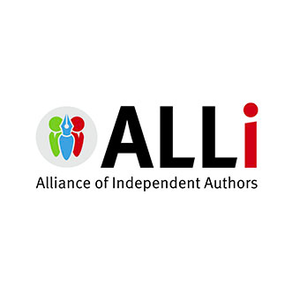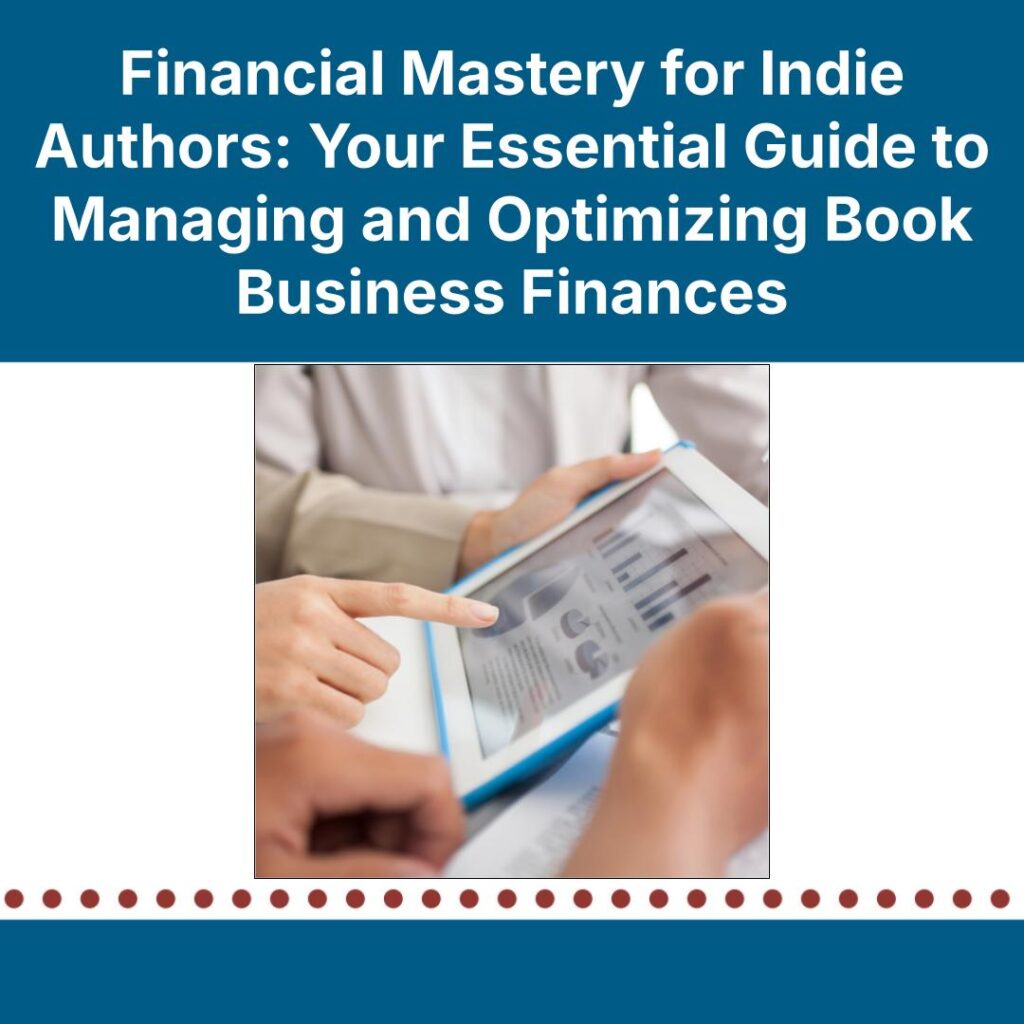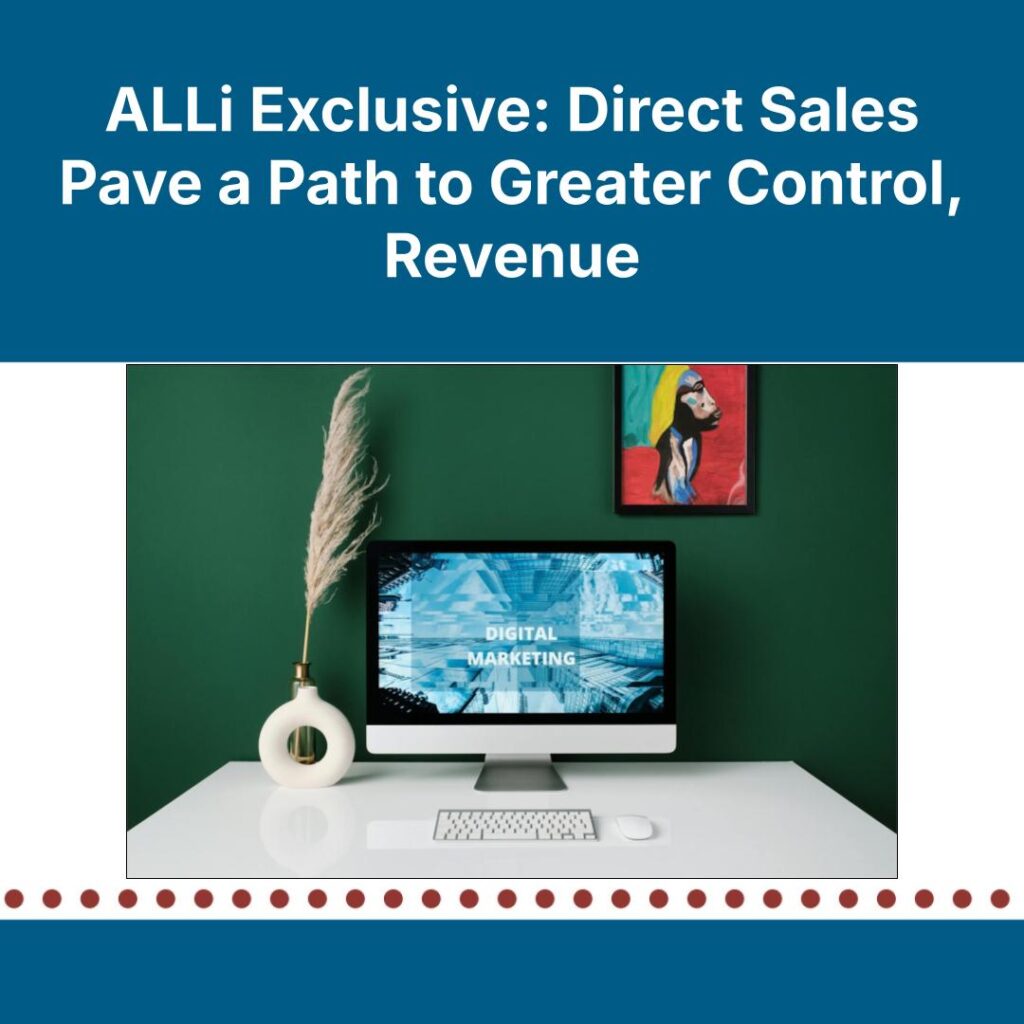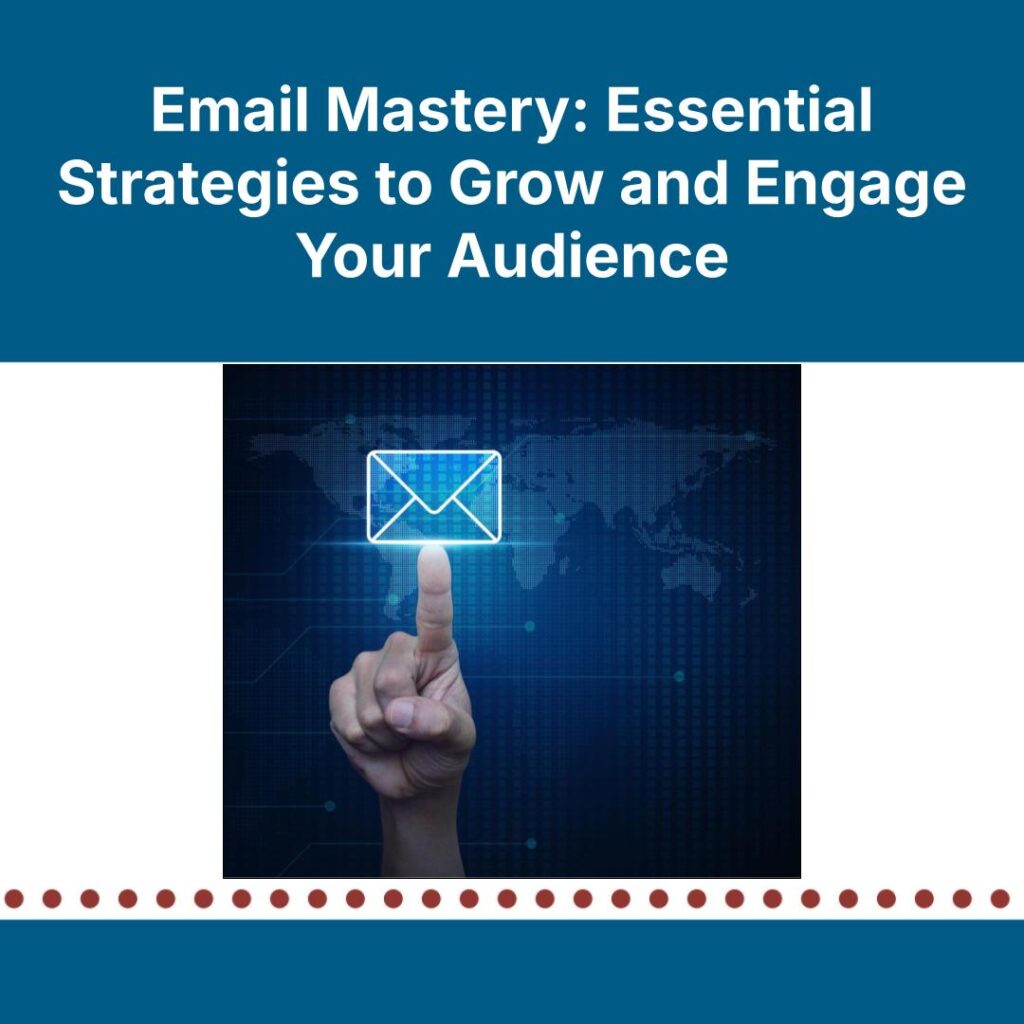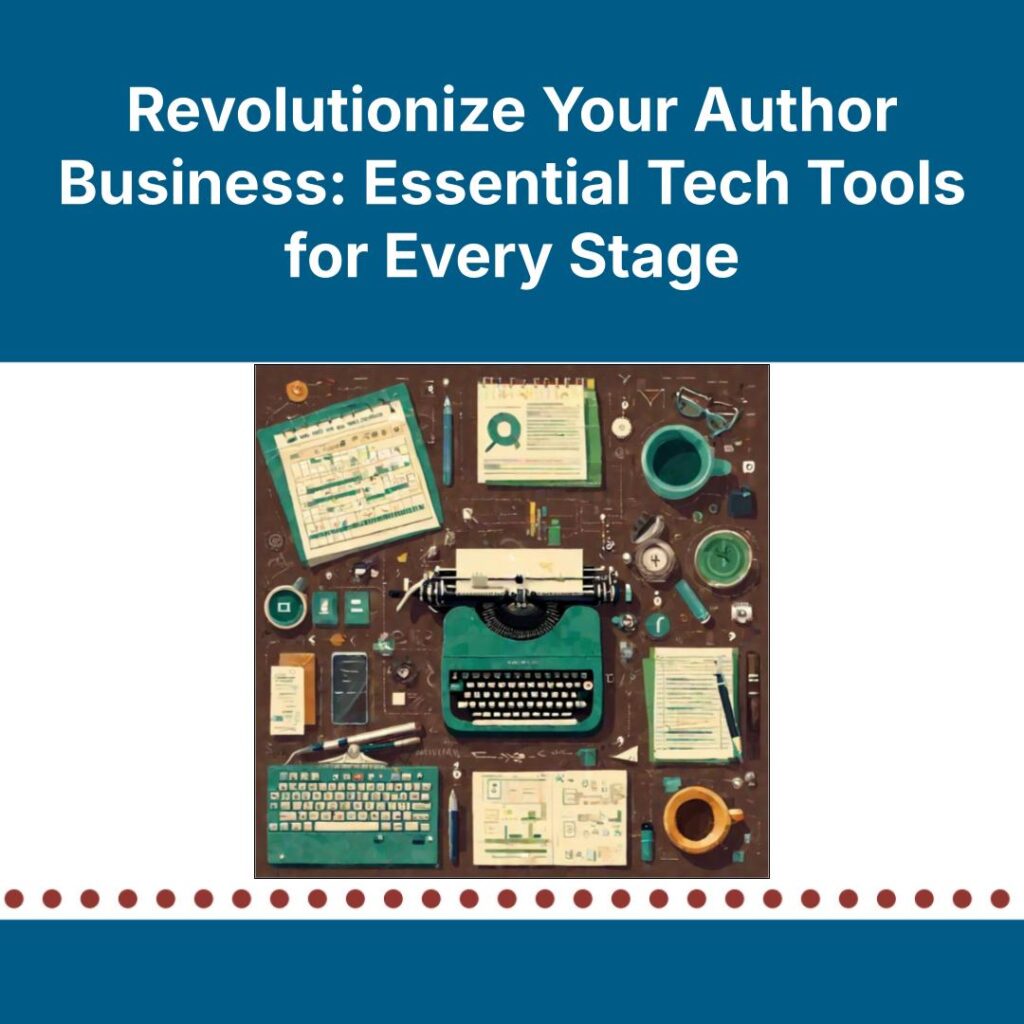Navigating the world of self-publishing requires not only a passion for writing but also a keen understanding of financial management—you’re not only a creator but also the CEO of your publishing business. In this article, the Alliance of Independent Authors (ALLi) offers tailored advice for beginning authors, emerging authors, and experienced authors, focusing on essential business and financial best practices.
For Beginning Authors: Establish a Solid Business Foundation
Laying a strong business foundation early as an author can set the stage for long-term success. This means both understanding the intricacies of the business side of publishing and taking steps to organize your business’s income and expenses early in your career.
Understanding Key Financial Terminology
Familiarizing yourself with basic financial terms empowers you to make informed decisions. Understand the difference between gross income—the total revenue generated from your book sales and related services before any expenses are deducted—and net income—the profit remaining after all business expenses have been subtracted from your gross income. When you hear someone describe themselves as a six- or seven-figure author, consider whether that number represents gross or net income—after all, heavy ad spending can inflate revenue without increasing true profitability.
Understanding the Mechanics of Publishing Income
Almost any type of business requires an upfront investment before the entrepreneur starts earning income. As an indie author, you need to invest money to make money—for example, paying for editing and cover design services, licensing a domain for your author website, or subscribing to a purpose-built email service. These expenditures pave the way to income through book sales, but the income from those sales will come after—sometimes long after—the investment. Even once your book is selling, you won’t receive royalties for sales on third-party retail sites for thirty, sixty, or even ninety days after the sale.
Especially in the early stages of your author business, it’s vital to control your expenses and to assess every potential expenditure. Might a limited free email plan serve your needs at this early stage? Might you swap proofreading services with another author, investing time rather than money to ensure your manuscript is error-free?
Separating Personal and Business Finances
Maintaining a clear distinction between your personal and author-related finances is crucial. Opening a dedicated business bank account simplifies bookkeeping and ensures accurate tracking of income and expenses related to your business. Keeping business finances separate from personal ones not only aids in financial clarity but also streamlines tax preparation.
Pro Tip: If you live outside the US and earn income in USD, look for a bank account with low foreign transaction fees or services like Wise or Payoneer to save on conversion costs.
For Emerging Authors: Scale up with Strategic Planning
As your portfolio of books grows and your readership expands, strategic financial planning becomes imperative to sustaining and enhancing your success.
Create a Business Budget
Set aside a fixed amount each month for your author business. Whether that is a percentage of your income from your author business or another source or a fund you have earmarked for this purpose, make sure you know how much money you're investing in this business. After all, this is not a hobby anymore. Plus, if you’ve already separated your author and personal bank accounts, your personal finances will be kept safe from any hard times that might strike your publishing business.
Shorten the Payment Cycle with Direct Sales
The delay in royalty payments from third-party retailers can take up to ninety days—but as an emerging author, you can consider shortening that cycle to almost nothing by selling direct. Crowdfunding campaigns can even enable you to receive money before providing the product. As a bonus, direct sales and crowdfunding not only enhance revenue but also provide valuable insights into reader preferences and behaviors.
Hire a Pro
At this stage, consider working with an accounting or legal professional familiar with self-publishing to optimize tax deductions, such as writing-related travel or software subscriptions; ensure compliance with international tax treaties if selling globally; and advise on whether to register your business as a sole proprietorship, LLC, or other structure.
Diversify Your Income Streams
Relying solely on book sales can be limiting. Exploring additional revenue avenues can provide financial stability. Consider related offerings like editing, coaching, or speaking engagements; these can open new income channels and expand your professional network. Supplementary products like workbooks, courses, or merchandise that complement your books can also offer added value to your audience.
Diversification not only increases income but also mitigates the risks associated with fluctuating book sales.
Invest in Professional Development
Allocating resources toward honing your craft and business acumen can yield significant returns. Set aside money for workshops and conferences, since engaging with industry events facilitates learning from experts and peers, keeping you abreast of market trends and best practices. Enroll in online courses on marketing, financial management, and advanced writing techniques to enhance your skills at your own pace. Investing in yourself is a strategic move that can lead to improved quality, efficiency, and profitability.
For Experienced Authors: Optimize and Sustain Success
Once you have an established brand and a loyal readership, your financial focus should shift to optimizing operations and sustaining financial health. The following steps can help advanced authors secure their business success for the long term.
Analyze and Optimize Revenue Channels
Regularly review your sales data to identify trends and determine which books or products yield the highest returns. This analysis can inform future projects and marketing efforts. Experiment with pricing strategies, such as limited-time discounts or premium pricing for exclusive content, to maximize profits. Data-driven decisions ensure your efforts align with market demands and financial goals.
Plan for Long-Term Financial Security
At this stage, your publishing business and related offerings may be your sole source of income, and it’s vital to ensure you have a safety net in place. As ALLi Director Orna Ross says, “As indie authors, we often focus so much on the creative process that we neglect long-term financial planning. But securing income for retirement or in the face of illness or injury is essential for sustaining a creative life. It’s about protecting our freedom to create—today, tomorrow, and well into the future.”
Set aside a portion of your income to establish a retirement fund and to cover expenses like health insurance. Proactive planning safeguards your future and provides peace of mind, allowing you to focus on your creative endeavors.
Regardless of where you are on your indie author journey, sound business and financial practices are integral to your success. By implementing these strategies, you not only enhance your current operations but also lay the groundwork for a prosperous and sustainable future. At ALLi, we are committed to supporting you every step of the way.
Looking for more information on the business of indie authorship? Check out these resources:
- ALLi’s SelfPub3 Author Business Campaign booklet, downloadable from the ALLi bookshop, is available for free for ALLi members. Get it at https://selfpublishingadvice.org/bookshop/selfpub3-author-business-campaign.
- Part 2 of ALLi’s blog series “Money Basics for Indie Authors” gives authors a list of financial terms and definitions relevant to self-publishing professionals and their businesses. Visit: https://selfpublishingadvice.org/money-basics-for-indie-authors-part-two-the-top-financial-terms-indie-authors-need-to-know.
- ALLi’s October 2024 blog post “Planning for Retirement: Financial Strategies for Indie Authors” includes advice on how authors, as self-employed creatives, should build a safety net for themselves with their current business practices: https://selfpublishingadvice.org/planning-for-retirement.
- Read about various business models authors can employ, including supplemental income stream options such as affiliate income or sponsorships, in this blog post from ALLi: https://selfpublishingadvice.org/business-models-for-authors.
Matty Dalrymple, Campaigns Manager
The Alliance of Independent Authors (ALLi) is a global membership association for self-publishing authors. A non-profit, our mission is ethics and excellence in self-publishing. Everyone on our team is a working indie author and we offer advice and advocacy for self-publishing authors within the literary, publishing and creative industries around the world. www.allianceindependentauthors.org
